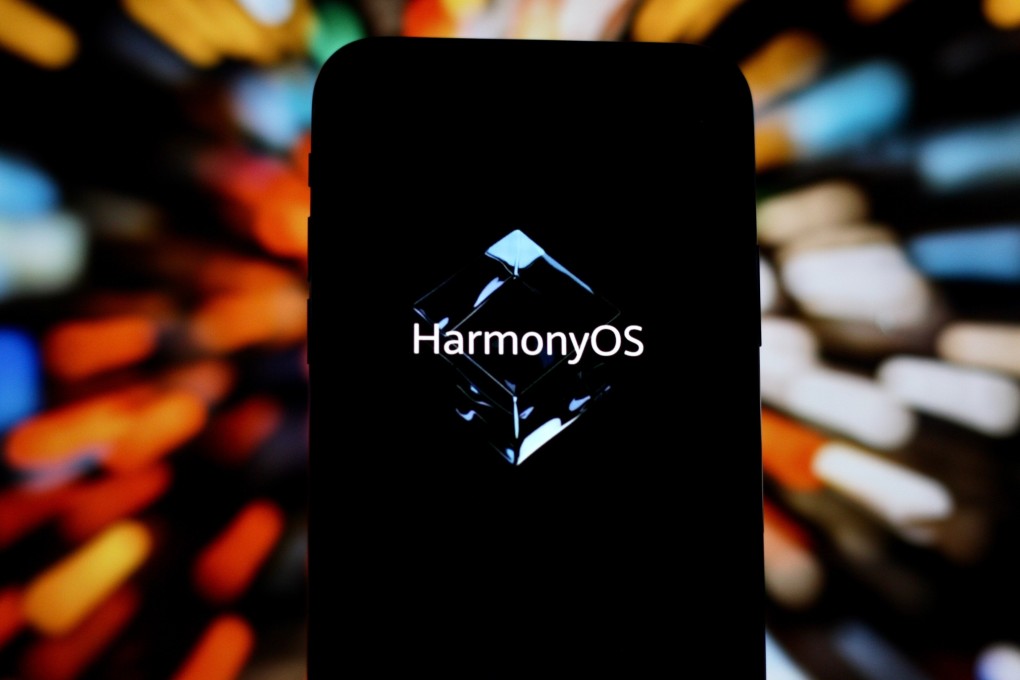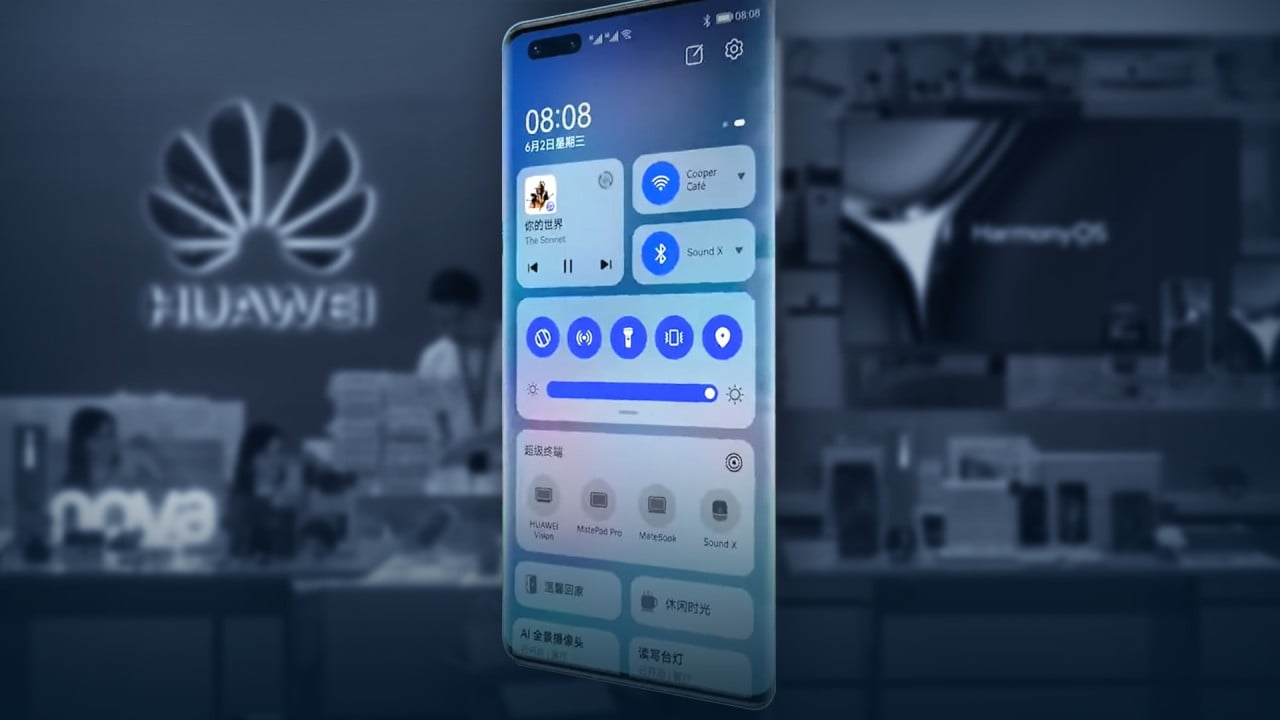Advertisement
Huawei’s HarmonyOS gears up for faster expansion on back of major apps WeChat and Douyin
- Huawei is said to be close to reaching a deal with Tencent, while ByteDance now has a HarmonyOS-compatible version of short video app Douyin
Reading Time:2 minutes
Why you can trust SCMP
0

Iris Dengin Shenzhen
Huawei Technologies is looking to further expand the presence of its HarmonyOS mobile platform on the back of two of mainland China’s biggest social media apps, WeChat from Tencent Holdings and ByteDance-owned Douyin.
Shenzhen-based Huawei is close to reaching a deal with Tencent to make its super app WeChat fully operational on HarmonyOS without sharing any revenue, according to a report by Bloomberg on Wednesday, citing anonymous sources.
While Douyin now has a HarmonyOS-compatible version available for download, the Bloomberg report said ByteDance expressed no interest in opening talks about revenue sharing when Huawei reached out to the TikTok owner.
Huawei and Tencent did not immediately respond to requests for comment on Thursday. ByteDance declined to comment on revenue-sharing talks with Huawei.
The latest initiatives by Huawei show how it is trying to buttress HarmonyOS’ position as the second-biggest mobile operating system in mainland China, after overtaking Apple’s iOS in the first quarter.
WeChat – marketed as Weixin on the mainland – has 1.36 billion monthly active users nationwide, while top short video platform Douyin has more than 600 million daily active users.
Advertisement
